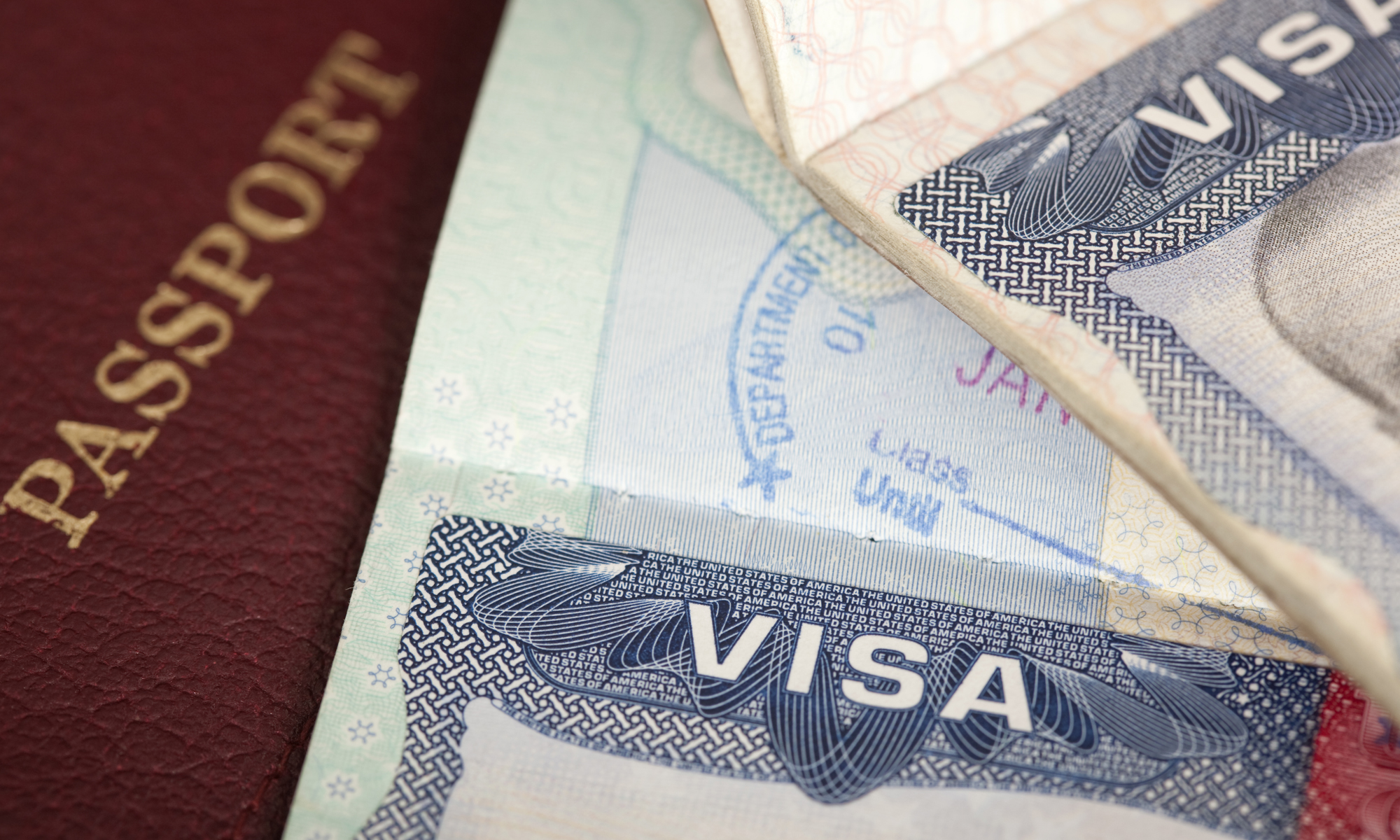- Effective 11:59 p.m. EDT last night, the Canada-U.S. land border closed to all non-essential travel. This closure will initially be in effect for 30 days. Non-essential travel includes travel for tourism or recreational purposes. Trade and commerce will continue. The definition of what constitutes “essential” travel remains open to interpretation. Minister Blair today referred to “essential” as serving and keeping Canadians healthy and safe. If you are concerned as to whether your employees’ upcoming travel would be considered “essential”, please contact us to discuss. Please also refer to 2. below for details about further developments which are expected to become effective next week. The official statement from the Prime Minister’s Office can be found at https://bit.ly/2J0DJiD
- Further to confirmation by Deputy Prime Minister, Chrystia Freeland, and Public Safety Minister Bill Blair last afternoon that temporary foreign workers and holders of valid work and study visas, will be allowed to enter Canada at the Canada US border and international borders, it has been confirmed in IRCC guidance released this evening that the following individuals will fall within the definition of “essential” travel for land border restrictions and will be exempt from the air travel restrictions.
- Seasonal agricultural workers, fish/seafood workers, caregivers and all other temporary foreign workers;
- International students who already hold valid study permits, or whose application for a study permit had already been approved when the restrictions took effect at noon EDT on Wednesday March 18, 2020; and
- Permanent residence applicants who had been approved for permanent residence before the travel restrictions were announced on March 16, 2020.
Please Note: These measures are not yet effective and are anticipated to be implemented by early next week. Those who will qualify under these measures should not try to travel immediately. Once further details are provided regarding implementation date, we will advise.
- The IRCC guidance further provides that temporary modification is being made to the Labour Market Impact Assessment process for agriculture and food processing employers. The required 2-week recruitment period will be waived for the next six months. Further, the maximum allowable employment duration for workers in the low-wage stream of the Temporary Foreign Worker Stream will be increased from one to two years.
In addition to health screening protocols prior to travel, all individuals entering Canada from abroad must self-isolate for 14 days upon their arrival to Canada. The IRCC guidance on these measures can be found at https://bit.ly/2xYdeYP
- To ensure that no one will be discouraged from seeking screening or treatment for COVID-19 for financial reasons, Ontario is waiving the three-month waiting period for Ontario Health Insurance Plan (OHIP) coverage. Additionally, the province will cover the cost of COVID-19 services for uninsured people who do not meet the criteria for OHIP coverage. Ontarians with expiring and expired health cards will automatically continue to have access to insured health services until further notice. The province is similarly automatically extending the validity of expired/expiring driver’s licenses, Ontario photo cards, and license plate validation until further notice. Please see https://bit.ly/2xPBg8a and https://bit.ly/2U8gJoj for further details.
- It is not currently possible to apply in person for a Social Insurance Number (“SIN”) in person at a Service Canada Office. At this time, where a SIN is needed urgently, it must be requested by mail. Applicants need to include a note explaining why the request is urgent with the application. Please see https://bit.ly/3bh6x2a for further information.
We understand that this information may impact plans already in place for a number of travelers. Please reach out to us before finalizing any travel with/for any employee(s) so that we can discuss contingency plans or alternatives, if necessary, to reduce the impact as much as possible.
